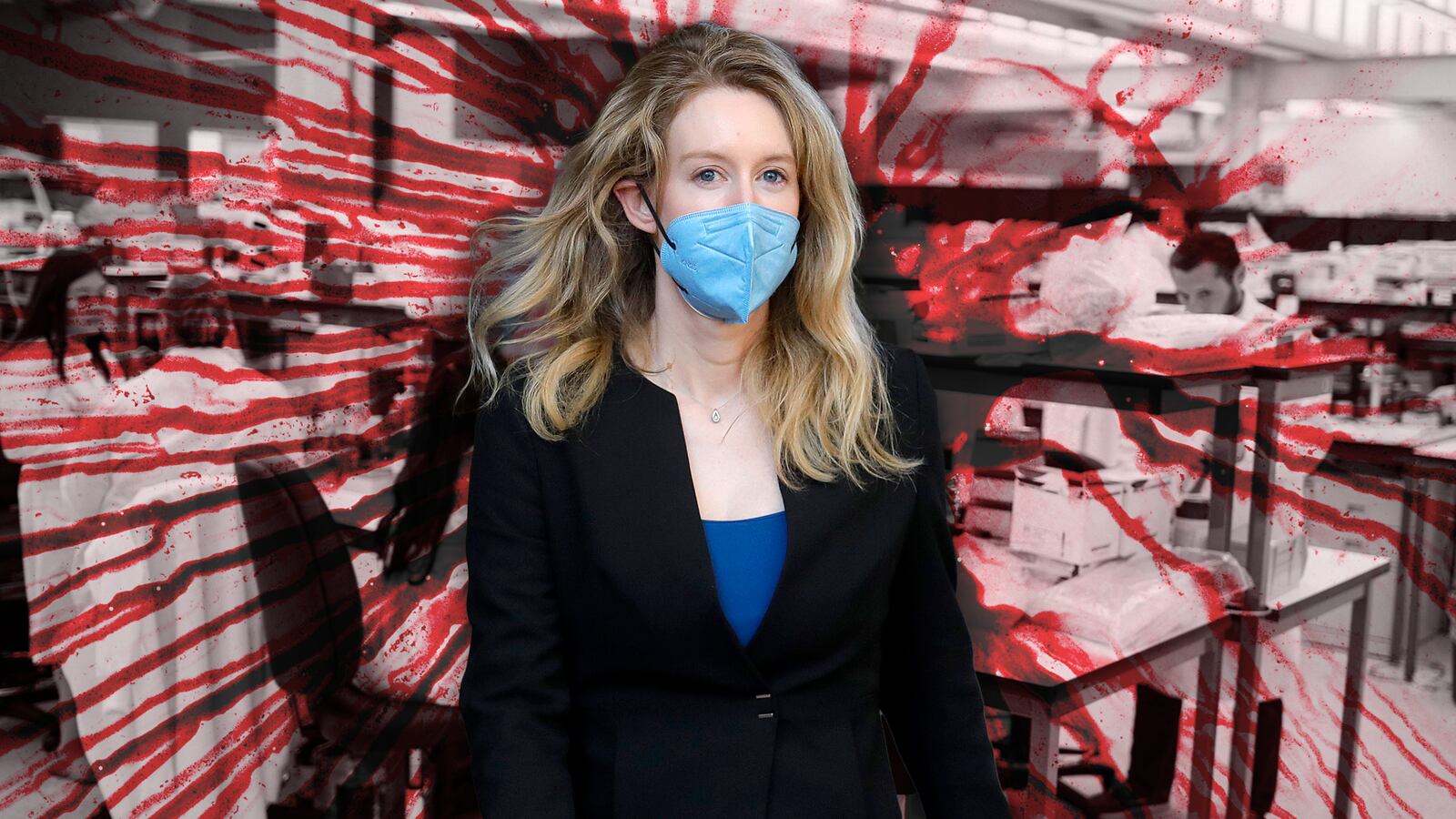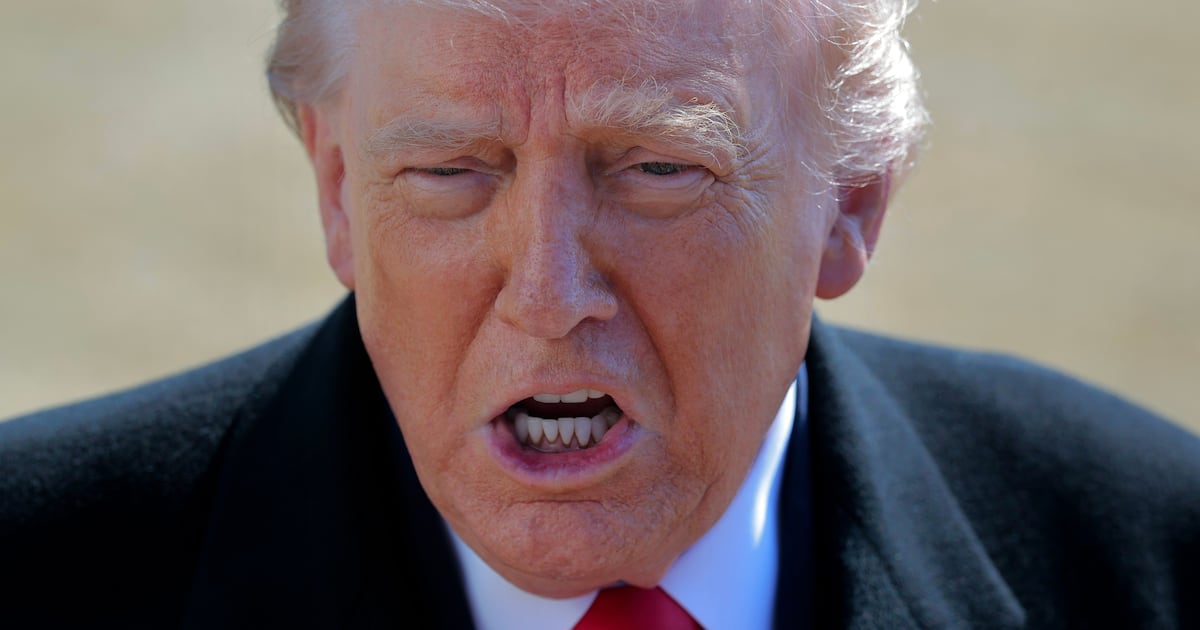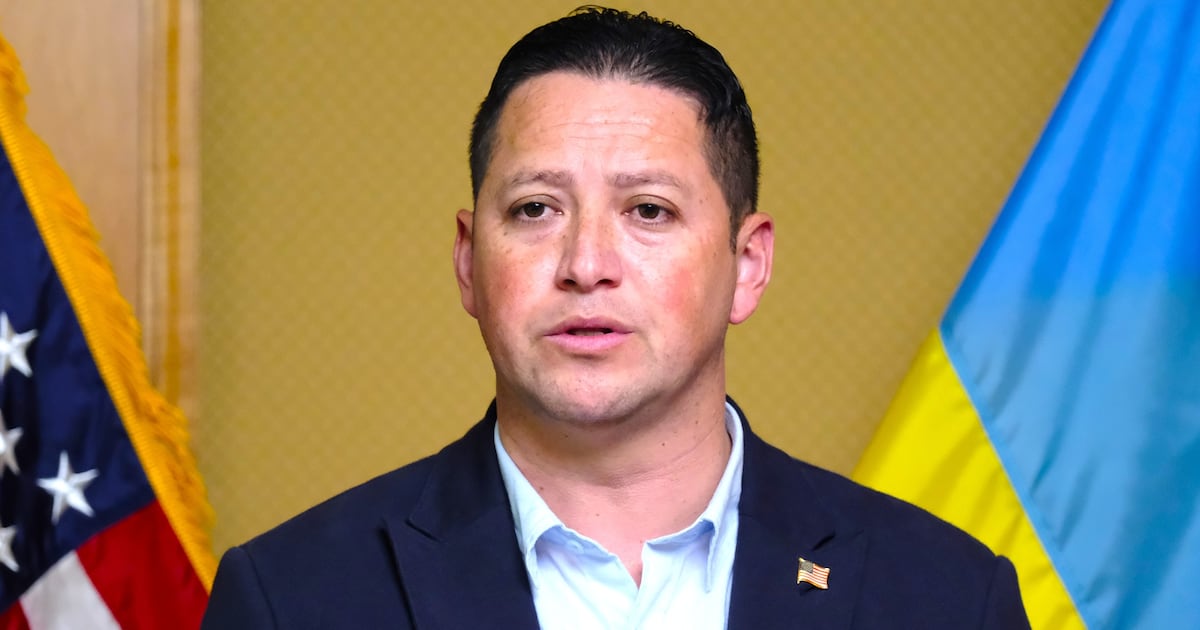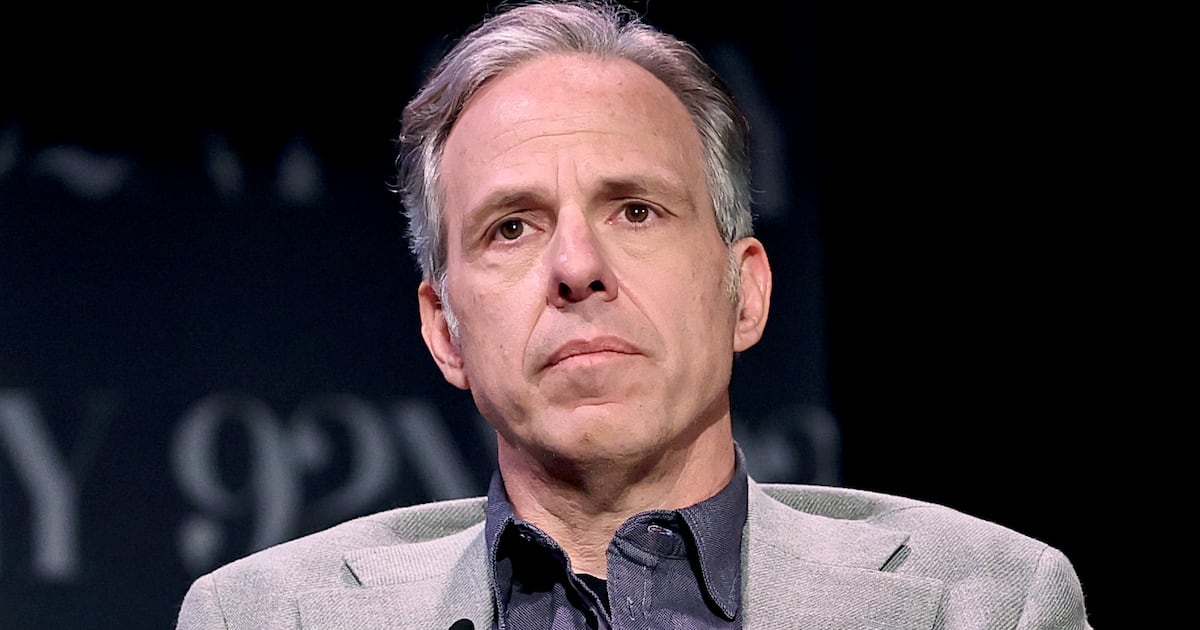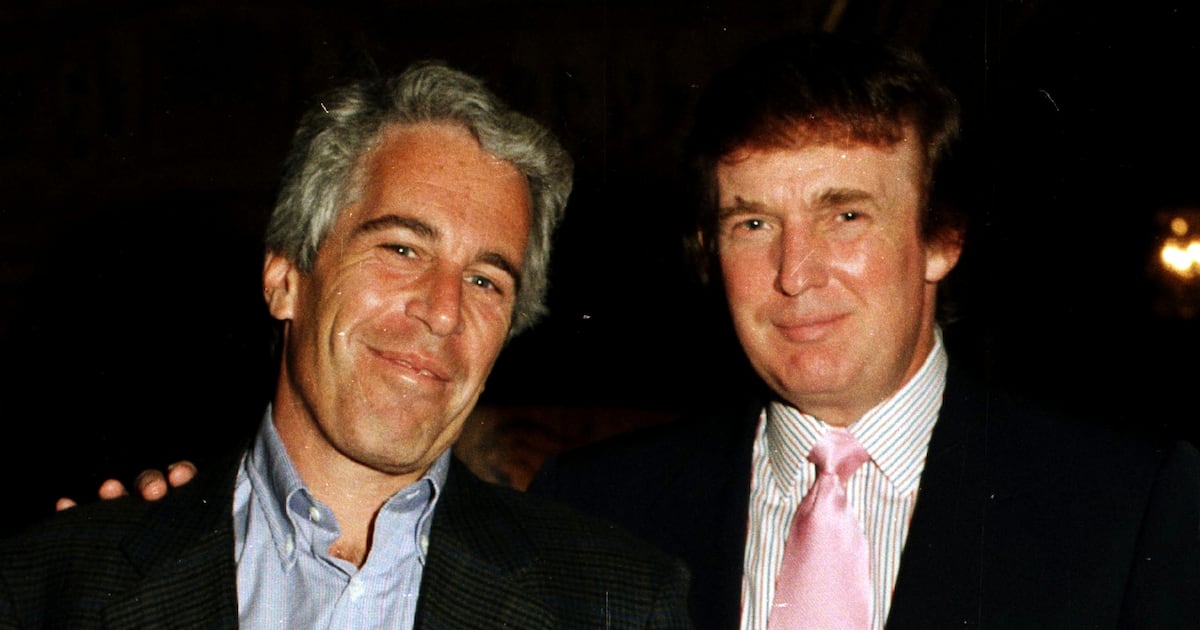SAN JOSE, California—The former lab director of Theranos testified Friday about the numerous red flags he saw within the now-defunct biotech company before its CEO and founder Elizabeth Holmes—once a lauded entrepreneur and Silicon Valley darling—was accused of duping doctors and patients, and defrauding investors out of millions.
Dr. Adam Rosendorff initially believed Theranos would grow to be “the next Apple,” he testified to jurors on Friday. But more than a year after joining the company in April 2013, a steady stream of inconsistent blood test results ate at his sense of integrity—and he said he was ready to expose it all.
“I came to believe the company cares more about PR and fundraising than it cares about patient care,” Rosendorff told the jury. “I wanted to protect myself. I also wanted to get the word out about what was happening to Theranos.”
The former medical director of clinical labs for the Children’s Hospital of Pittsburgh came into the federal courtroom as the prosecution’s fourth witness on day seven of the trial against Holmes, who has pleaded not guilty to charges of wire fraud and conspiracy to commit wire fraud. Rosendorff was the guy who had the medical expertise to know how functioning labs operated, assistant U.S. Attorney Robert Leach argued.
After meeting with her and then-Theranos president Ramesh “Sunny” Balwani in San Francisco, Rosendorff said he was sold on the idea of Holmes to produce blood tests with the smallest sample possible.
Like the experiences former lab assistant Erika Cheung recounted in court on Sept. 15, Rosendorff said he quickly found out Theranos was directing the modification of third-party blood testing devices, including from competing tech health giant Siemens.

Theranos founder Elizabeth Holmes in HBO’s The Inventor: Out for Blood in Silicon Valley.
Courtesy of HBOEven Holmes expressed concern over Siemens reps uncovering her company’s use of their technology during lab tours, Rosendorff recounted as Leach called on him to address a Aug. 3, 2013, email from Holmes.
“The reps were monitored by Theranos security by the time they got to the upstairs laboratory,” Rosendorff said. “Balwani called that lab ‘Jurassic Park’ because the machines were so old.”
Four days before Theranos’ Sept. 9, 2013, launch in Walgreens stores, Rosendorff said he pleaded with Holmes to push back the date because the blood tests they ran were not yet properly validated. Holmes went ahead with the launch anyway.
Noting the need for six separate blood tests to establish results for just one sample, prompting a pile-up of blood tests, Rosendorff was still having trouble getting Holmes and Balwani to acknowledge the gravity of the situation.
“She was trembling a little bit, her voice was shaky, it was breaking up,” Rosendorff said of the first time he confronted Holmes with his concerns. “She didn’t seem surprised, just nervous and upset, she wasn’t her usual self.”
Rosendorff recalled Holmes’ brother, Christian Holmes, was assigned thereafter to forward customer and doctor complaints directly to him. Christian Holmes also told him any errors that come up in testing could be attributed to the patient, he said.
Such complaints started to rise as more diverse testing was ordered by patients, specifically the human chorionic gonadotropin (HCG) test used to detect and monitor pregnancy. According to emails presented by Leach and confirmed by Rosendorff, more and more doctors demanded answers to late or inconclusive blood test results.

Theranos founder Elizabeth Holmes appears at Robert F. Peckham U.S. Courthouse for opening arguments in her trial, in San Jose, California, Sept. 8, 2021, in this courtroom sketch.
Reuters/Vicki Behringer“I am not sure what to do with these lab results????” read one email the prosecution presented as a response to test results returned by Theranos.
Errors and inconclusive tests became so overwhelming, Theranos employees deleted unfavorable data points in a process dubbed “outlier deletion,” Rosendorff said.
The pressure Rosendorff said was thrust upon him to keep test results flowing regardless of accuracy and continue selling the junk results to doctors led to his exit by the end of 2014.
“At one point I started to refuse to talk with physicians. I believe I told one or two the results were wrong and it was causing me emotional discomfort,” he told the jury. “I have a duty as a physician to be honest and straightforward with the doctors, the providers. I felt Christian, Sunny (Balwani) and Elizabeth were pushing me to justify running these results. Anything other than saying our tests are inaccurate.”

